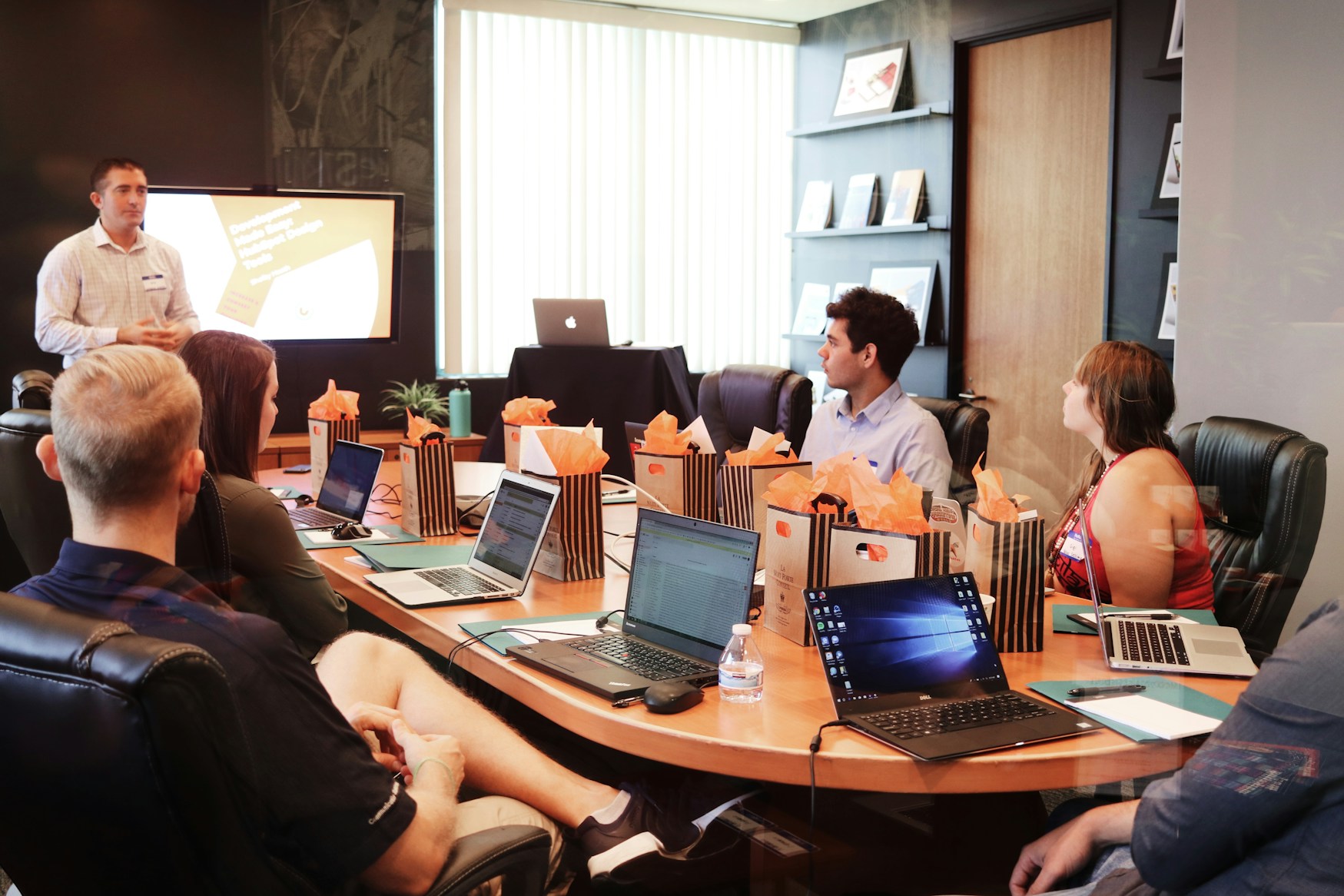
Nitin
Head of PMO
In this role, the PMO is positioned at the intersection of innovation, technology, and business strategy, ensuring that every initiative undertaken is tightly aligned with the organization’s digital agenda. The Head of PMO leads with a future-focused mindset, establishing governance frameworks that support agility, scalability, and rapid delivery while maintaining clarity, accountability, and quality.

Rather than merely tracking timelines and budgets, the emphasis is on delivering business value, customer impact, and competitive advantage. With technologies such as cloud, AI, automation, CV, and data analytics transforming how enterprises operate, the PMO must evolve into a center of excellence that empowers cross-functional teams, enables continuous delivery, and fosters a culture of innovation and adaptability.
A strong believer in transparency and data-driven decision-making, the Head of PMO drives organizational maturity by implementing real-time performance metrics, portfolio visibility tools, and proactive risk management. Ultimately, the PMO under this leadership becomes a catalyst for sustainable digital transformation, accelerating execution, elevating business performance, and shaping the organization’s path to long-term success.
As the Head of PMO at BKS, daily activities focus on ensuring the seamless execution of the project portfolio while staying aligned with the organization’s strategic vision. The day often begins with reviewing key performance dashboards, risk logs, and project health reports to identify any blockers or deviations from strategic objectives.
The project review and data collection lead to preparing dashboards for the CEO & BOD for their visibility and seeking guidance. Regular check-ins with project managers, business analysts, and cross-functional team leads help maintain project momentum and ensure alignment with scope, budget, and timelines.

The Head of PMO also engages in strategic planning sessions with executive leadership to assess portfolio prioritization, capacity planning, and resource allocation. Updating project frameworks, validating compliance, refining PMO standards, and other governance tasks are part of routine oversight.
Additionally, the Head of PMO champions continuous improvement by mentoring teams, encouraging cross-functional skills development, promoting agile practices, and analyzing post-implementation reviews to drive organizational learning and improvement.
Every action, whether operational or strategic, is anchored in the mission to maximize delivery efficiency, reduce risk, and ensure that all projects contribute meaningfully to the organization’s transformation goals. I believe in creating a culture where project delivery is not measured solely by timelines or budgets, but by the value it brings to the business and its customers.

Nitin, Head of Program Management Office at Bangkok Silicon, is a visionary result-driven technology executive with over 30 years of experience driving digital transformation and unlocking business value at scale with impactful IT across industries. At BKS, Nitin leads the end-to-end strategy and delivery of AI, cloud, and cybersecurity solutions, driving Thai and ASEAN organizations to modernize, compete, and grow in an increasingly digital competitive economy. Known for his ability to translate complex technologies into strategic advantage and deep understanding of the Thai market, he is a catalyst for high-impact execution mobilizing cross-functional teams, optimizing performance, and consistently delivering secure, scalable, and future-ready outcomes.